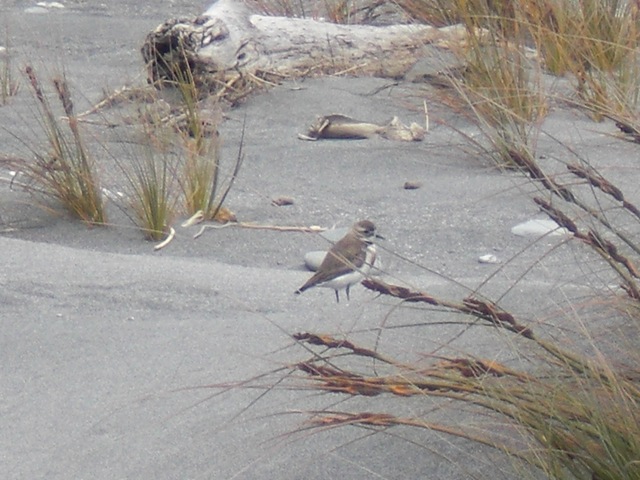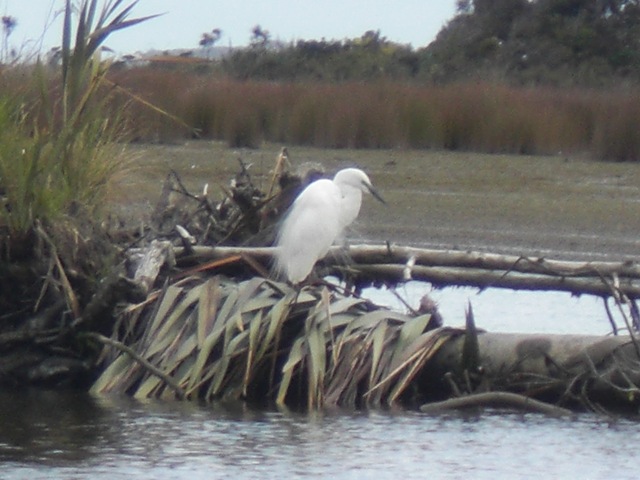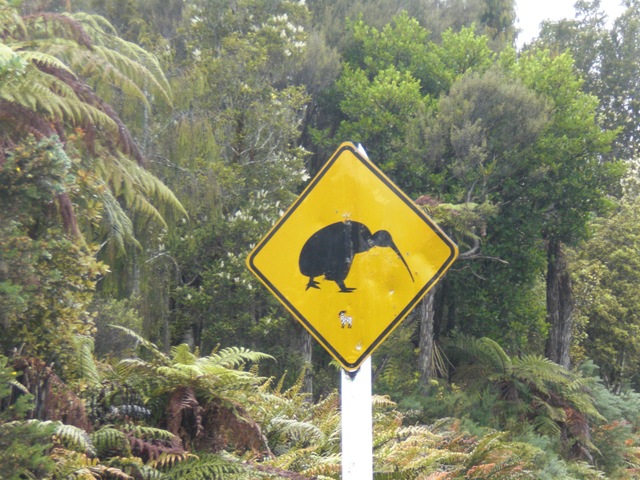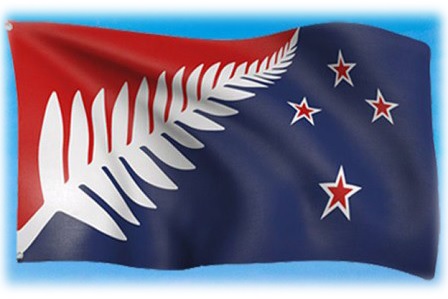This day has got a program! Our landlady has booked a combined package for us, including a two hours boat tour on the lagoon in the morning and a Kiwi tour at night with the current Kiwi expert himself, Ian Cooper.
The weather is still fine, it is cloudy with patches of blue sky here and there. There is a young couple from Coventry/UK with us on the boat. Two hours of slowly cruising the lagoon and extensively watching birds. A very special bird here in Okarito is the white heron, there are only about 150 of this species living all around New Zealand.


We spent the afternoon on the beach. Our landlady gave us the advice to keep an eye out for the dotterels. If these birds just sit still you hardly have a chance to spot them. They are hidden perfectly between flotsam and pebbles. But: Mum and dad are currently very nervous as the youngsters have already hatched and now have to be protected. Just somewhere on the line between the two parents, that’s where the chicks stalk through the sand on big feet.
The Kiwi tour is about to start at 8 p.m. 10 minutes to eight we enter the office in exactly the very moment the rain begins to fall. Another guy from Ireland as well as a Dutch couple have also booked the trip for today. Normally the tour is literally rained off in this bad weather, but as here in New Zealand it may stop raining any moment and get better Paul, our guide for tonight, decides we should at least drive to the starting point of the tour. Maybe we can make the expedition anyway. Equipped with mosquito nets, torches and radio sets we start after a first briefing.
When we reach the car park the rain has changed to a light drizzle. Everybody is ready to start the tour. The problem is not that it is wet but the falling drops make it difficult to hear the Kiwis when they stump through the underwood. After further briefings we walk up the track into the rainforest. Paul uses a tracking system to find the birds, it works relatively exact. He places some of us along the track with a distance of about 10 m from one person to the next. The others have to go with him on the other side of the terrain in case the birds decide to take that direction. Kiwis are nocturnal birds, they rise from their sleeping burrows not before about 9 at night, uncurl and stretch and then start to look for food. You can never tell which way they are about to take so we have to cover the area extensively.
To cut a long story short: Whole three and a half hours we stumble uphill, downhill, to and fro through the rain that of course starts again in at last total darkness through the bush. Sometimes we spread as in the beginning, sometimes we have to stand very close to each other when a Kiwi is near. Kiwis have a very good sense of hearing so everything has to happen very silently. Suddenly every noise seems to be awfully loud – squeaking shoes, a throat clearing. Two times I trip heavily as I cannot see where I am going in the dark. It embarrasses me, I can barely keep myself from cursing.
Mosquitos can be very loud, especially directly beside your ear. Thankfully my new “piss-off”-perfume really helps, they do not sting me. The constant buzzing though makes it even more difficult to listen to the sounds of Kiwis. As we are no experts we are of course unsure: Has that been something running through the underwood or did the wind just shake rain drops off the leaves? Two or three moreporks have to be quiet near, this call you know at once. From time to time we also here one of the Kiwis calling its mate. After three hours we finally know what is important to pay attention to. I am sure, there’s a Kiwi directly underneath the fern in front of me. Besides I now know how to “read” our guide – Paul gets more and more excited.
Then finally the female Kiwi shows up. It indeed comes onto the track in front of my feet and passes us all the way long. My goodness, how big they are, and how they move! Everyone is so happy, it’s a gorgeous feeling, we made it! Only Paul is not satisfied yet. He really appreciates what we all did without grumbling (normally it does not take this long to spot a Kiwi and is much easier): „You guys deserve a lot more Kiwi!“ We creep behind the female bird as fast and as silent as we can, it goes back to the car park. And it calls. And suddenly there is a second Kiwi just on the opposite side of the street, a male one yet unknown to Paul. How lucky we are: Two of these wondrous creatures at the same time! Even the expert has experienced this very rarely so far.
We are all soaking wet but overhappy. Real, genuine Kiwis in the wild, it is an overwhelming feeling and a great ending of our adventure. And if you have in mind that there are only about 400 Kiwis left of this kind – they are called Rowi - the success of spotting them is to be valued even higher. Whoever is willing to follow Ian or Paul on this tour and to obey their instructions:
https://okaritokiwitours.co.nz/
Travelling New Zealand – what would it be without watching Kiwis in their natural habitat?

